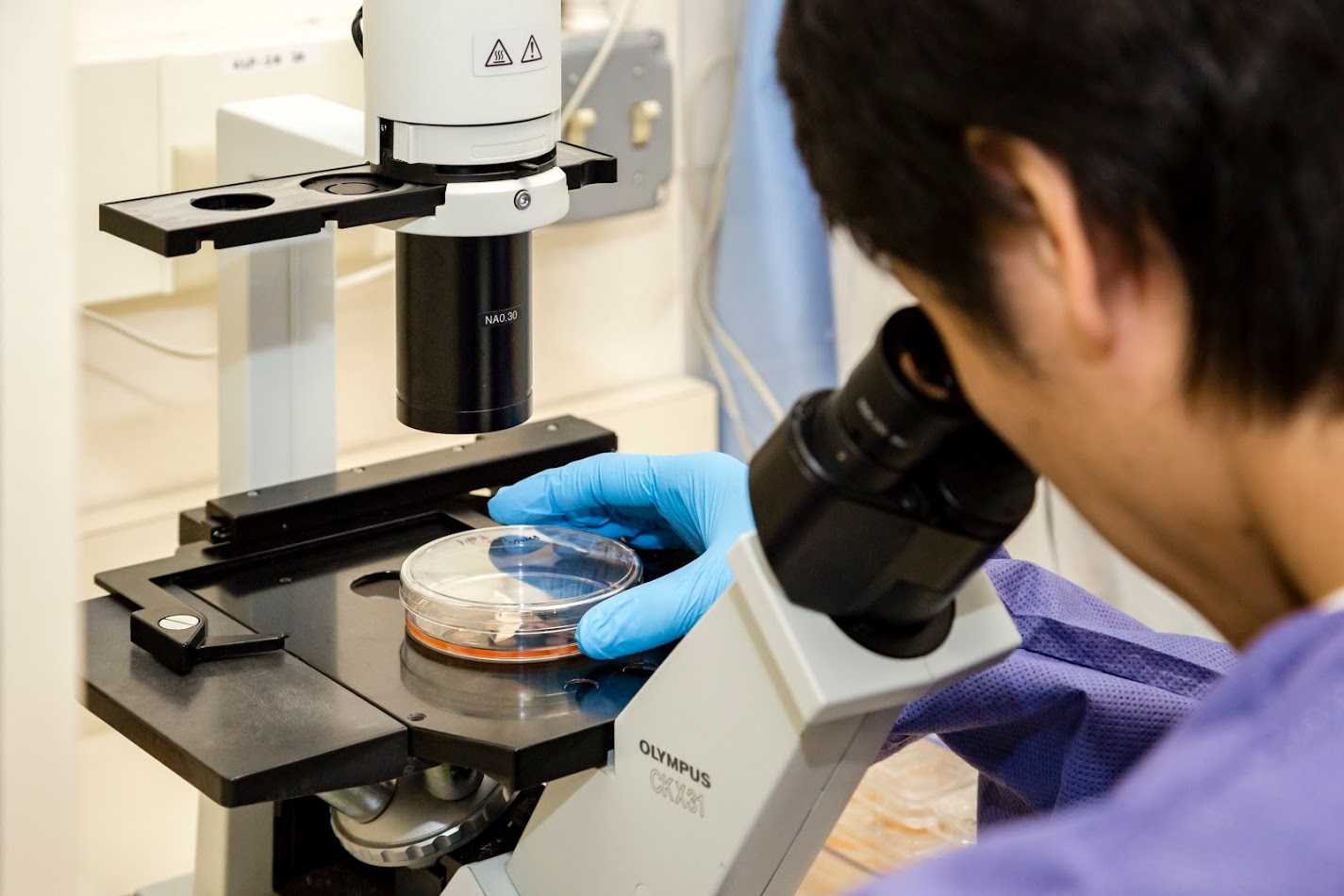Pancreatic cancer research: genetic testing is essential
Topic: Early Detection

Pancreatic cancer research has shown that genetic testing is critical because genetics play a role in up to 10 percent of pancreatic cancer cases. However, family members of pancreatic cancer patients often are not aware that certain genetic mutations can be passed down, which is why having information about genetic risk is so important. The GENERATE (GENetic Education, Risk Assessment, and TEsting) Study is designed for people who have a close relative with pancreatic cancer that was caused by an inherited mutation in a gene. The goal of this study, which will enroll up to 1,000 participants, is to improve genetic testing and cancer prevention in family members of pancreatic cancer patients with identified mutations.
An aid to early detection
If a family member does have an inherited risk, there may be options for preventing cancer or early detection at a curable stage via frequent cancer screening. However, it is important to note that most individuals with an inherited mutation will not develop pancreatic cancer, and that pancreatic cancer is relatively rare. It is also important to note that this testing may indicate risks for other types of cancer. To be eligible for the GENERATE Study, participants must:
- Have a blood relative who has pancreatic cancer that was caused by a genetic mutation
- Not have had pancreatic cancer themselves
- Not have had genetic testing or counseling for cancer risk before
- Have a healthcare provider and be willing to share genetic test results with that provider and the GENERATE Study team
- Be willing to complete a series of short follow-up questionnaires
- Be age 18 or older
- Speak and read English
- Have a United States mailing address
- Have Internet access
Participants will complete the following:
- Online education about genetic testing
- Genetic testing from home, at no cost to participants, by mailing in a saliva sample
- Four sets of questionnaires
Seek Advice from a Pancreatic Cancer Genetic Testing Counselor
Additionally, study participants can ask a genetic counselor questions and can speak with a genetic counselor by phone before and after undergoing genetic testing. If a participant would like to meet with a genetic counselor in person, GENERATE Study sponsors can provide information about local genetic counseling and support services.
Free Pancreatic Cancer Genetic Testing
The free genetic testing is conducted by Color Genomics (https://www.color.com/), a certified genetic testing company, to study 30 genes that are related to common cancers that can be passed down in a family. All information participants provide through the GENERATE Study will be collected and managed using REDCap (Research Electronic Data Capture), a secure, web-based database application designed for capturing research data. The GENERATE REDCap database will only be accessible to members of the study team.
The end goals of GENERATE are to follow the family members with identified mutations through innovative screening and interception programs led by other members of the Dream Team, including conducting the first in-human prevention trials in these individuals with a vaccine, and also to study the blood from the at-risk family members to identify new biomarkers of early pancreatic cancer that can strengthen the work of the CancerSEEK blood test.
This project is funded by the Pancreatic Cancer Collective, an initiative of the Lustgarten Foundation and Stand Up To Cancer. The GENERATE Study is being conducted by leading pancreatic cancer experts at Dana-Farber Cancer Institute; Johns Hopkins Kimmel Cancer Center; Mayo Clinic; MD Anderson Cancer Center; and UC San Diego Moores Cancer Center, although participants do not have to be patients at any of these centers to participate in GENERATE.
In fact, the goal of this study is to facilitate genetic testing for family members of pancreatic cancer patients “from their living room.” Together, we will learn how to increase access to genetic testing for families who will benefit from it the most.
Visit Lustgarten Foundation to learn more about our early detection cancer research, particularly pancreatic cancer research, genetic testing and the work our labs are carrying out to increase collaboration between world-renowned pancreatic cancer researchers and explore new, promising avenues for understanding and treating pancreatic cancer.
